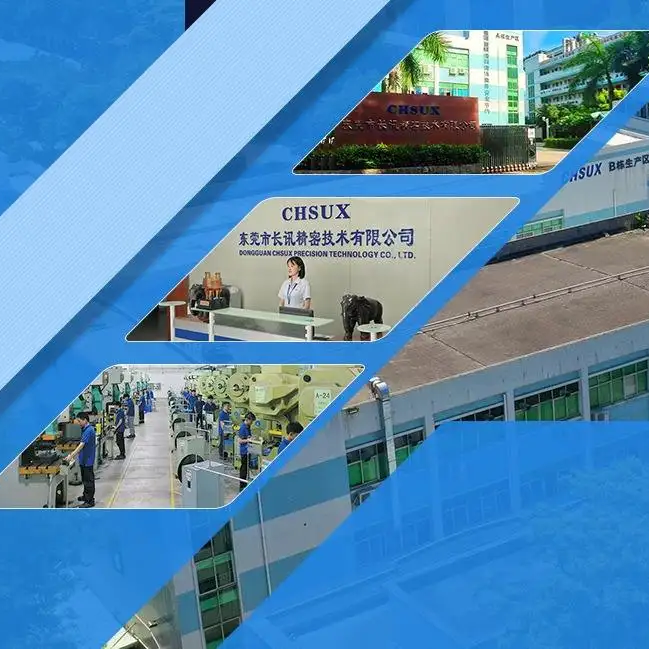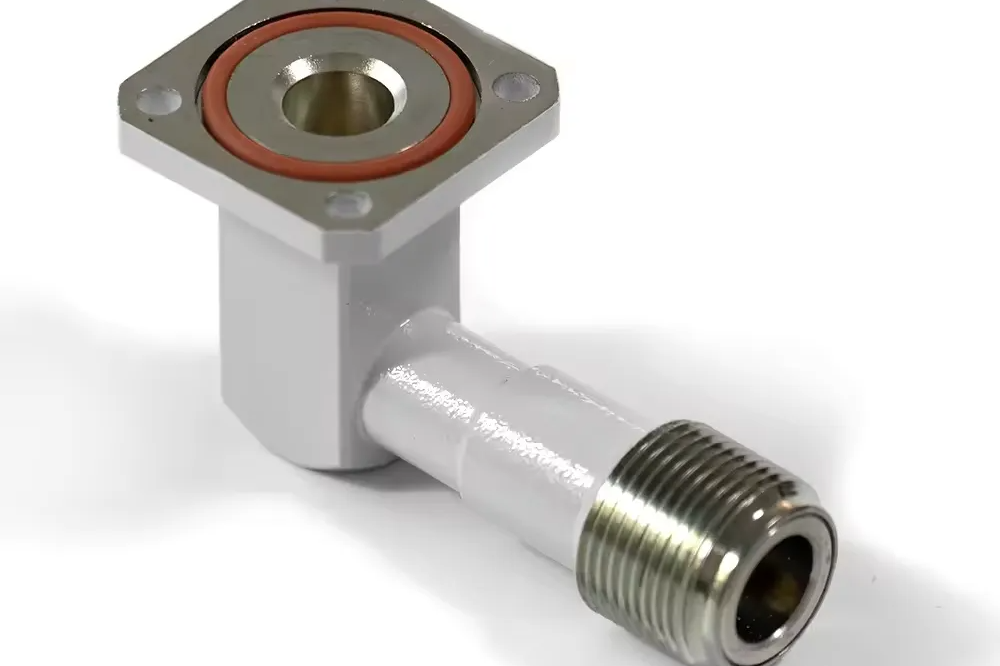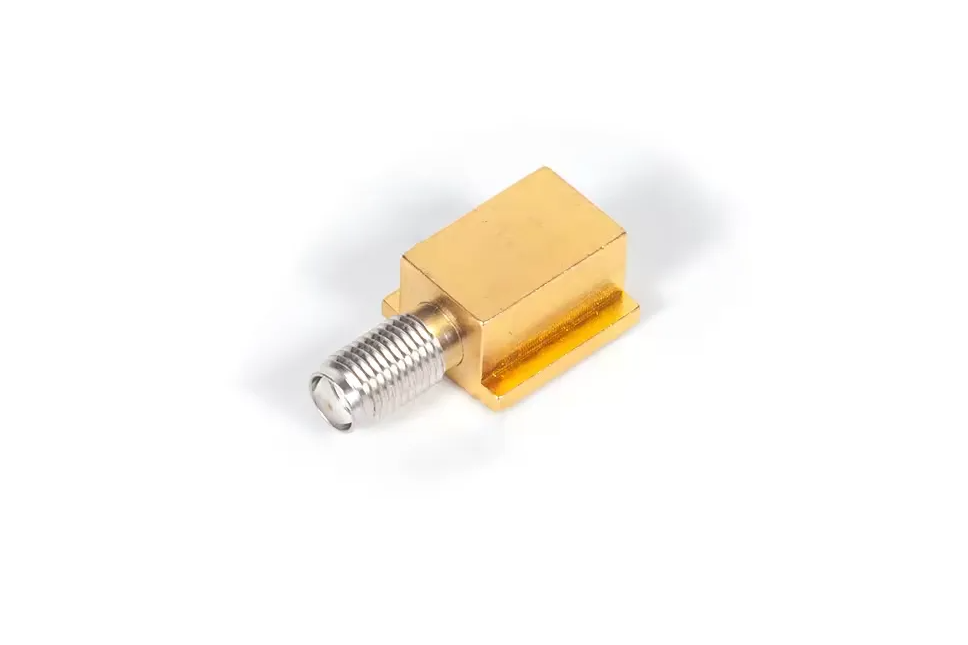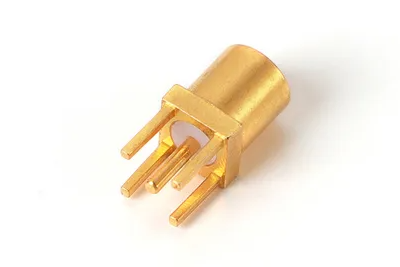
CHSUX B2B клиенттерге арналған, даму үшін жобалаған аралық жабдықтардың компоненттерінің толық таңдауын ұсынады. Біздің продукtlары даму, ұзақ өмірдеу және әрбір қолданудағы жұмыс істей алатын қабілетпен құрылған. CHSUX-пен сіз қызметіміздің, экспертизамыздың және сіздің мувафақиетіңізге қатынастыққа сенімді бола аласыз.

Дунгуан CHSUX Сапалы Технология Co., Ltd., 17 жылған OEM және ODM өндірістік рФ коннекторлары бойынша Дунгуан қаласында орналасқан компания, зейтін құрылыс сипаттамалары, РФ коннекторлары, коаксиалды кабелдер, кабель агрегаттары, антенналар, авто компоненттері және микроволновық продукtlардың өндірісі мен сатып алуда мүмкіндік береді. Біз әртүрлі мінездеу шарттарға сай SMA, SSMA, SMB және басқалар түріндегі коаксиалдық RFC коннекторлар тіркесін ұсынамыз.
Кең таңдаулы автоматты және жартылай автоматты машиналармен толықтырған , біз күшті ТД Тәуелсіздік және өндірістік ланцуг. Біздің сапалыққа дайындығымыз IATF 16949, ISO 9001 және ISO 14001 сияқты международтық стандарттарға сай болып табылады.
Біз барлық әлемдегі клиенттер мен бизнес партнерлерімен бір-бірімізге қолдастық пен жетімділік үшін қос дағдыларын ұсынамыз.
Тұрақты жоғары сапалы материалдар клиенттердің қанағаттануын қамтамасыз етеді.
Жетісті логистика бүкіл әлем бойынша уақтылы жеткізуді қолдайды.
Тартымды бағалар ірі тапсырыстарды тиімді етеді.
Жауапты қызмет көрсету клиенттермен қарым-қатынасты және сенімді нығайтады.

09
Aug
09
Aug
09
AugCHSUX автомобилдік жабдық компоненттерінің кең таңбаланған ассортиментін ұсынады, онда шуыршықтар, көшірмелер, клипстер және басқалар бар. Біздің продукция қатары автомобилдік сабақтаушылардың тәнгі тиімділіктерін канағаттандыру мақсатында дайындалған.
CHSUX сабақтау процесінің барлық қадамдары boyынша строг қызметкерлік басқару қажеттемелерін қамтиды. Табиғатты материалдарды таңдаудан соңғы өнімді тексеруге дейін, біз әрбір компоненттің біздің қысқа қалаған қызметкерлік стандарттарға сай болатындай екенін қамтизамыз.
Иә, CHSUX сіздің мәнді талаптарыңызға сай турастыру қызметтерін ұсынады. Біздің инженерлер тімі сізбен жеке жұмыс істейді және сіздің тиімділікке сай шешім құрастырады.
Уақыттар продукт және тапсырыс санына байланысты өзгереді. Бірақ, біз шынайы тез алып келумен ұйымдастығымызды қамтамасыз етуге тырысамыз және сіздің өндірістік кестелеріңізге сәйкес келу үшін сізбен жұмыс істейміз.
Табиғатты. CHSUX продукtlарымыздan ең көп нәтижеге жетуге көмектесетін жалпы техникалық қолдау ұсынады. Тіміміз сіздің сұрақтарыңызды жауап беру және қажетті көмек беру үшін дайын.
Сіз біздің веб-сайтімыздан, электрондық пошта арқылы немесе сатыспен қосымша болған тіміме хабарлаудың арқасында тапсырыс беруге болады. Сіздің қажеттеріңізге сәйкес келетін тапсырыс процесін біз сізді ұнатырып отырамыз.
